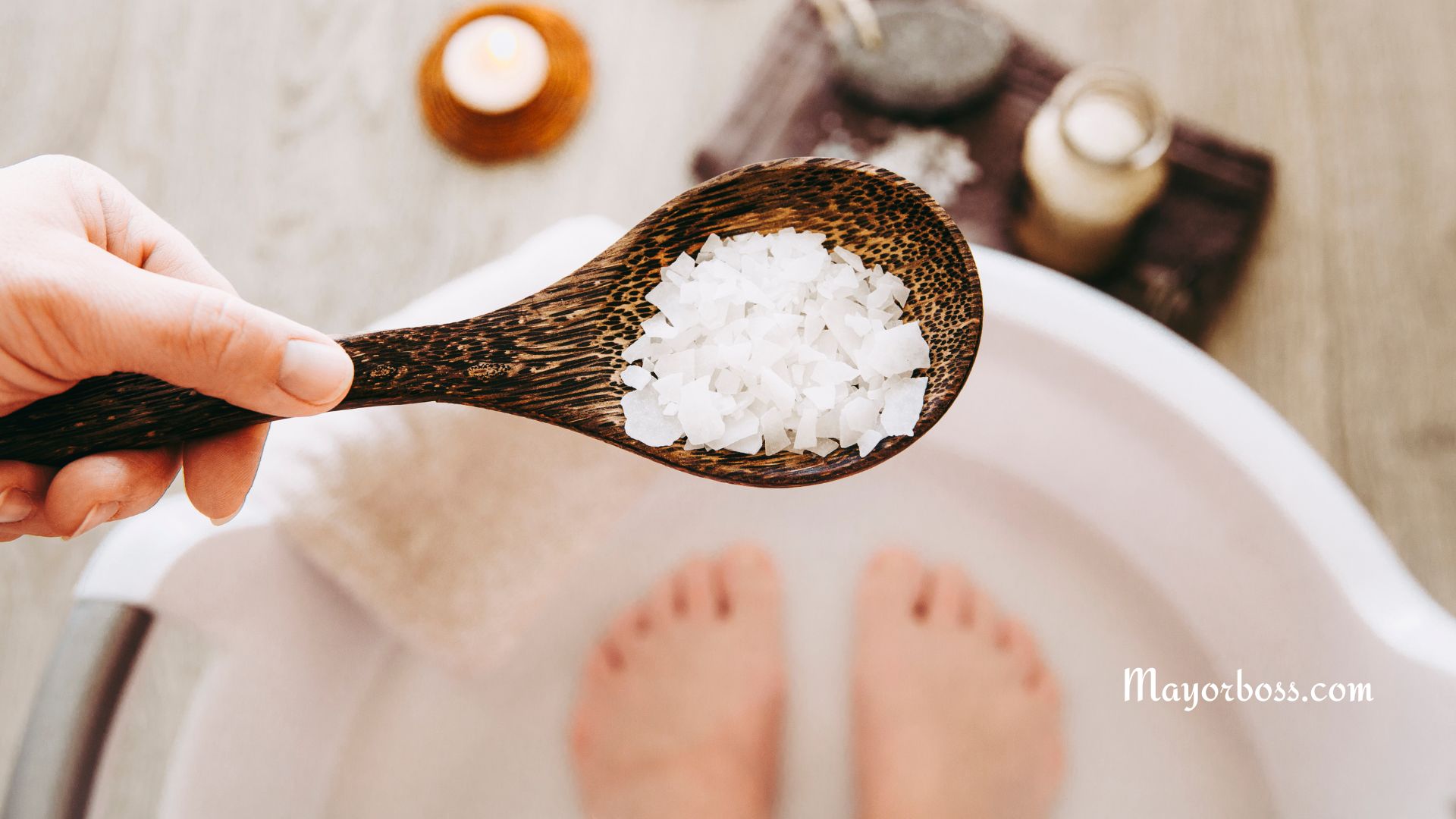Home Remedies to Reduce Inflammation
Inflammation can be your body’s natural response to protect itself against harm. There are two types: acute, which happens when you, for example, cut your finger, and chronic, which is more long-term and can be detrimental to your health. Chronic inflammation can contribute to various diseases, including some cancers, rheumatoid arthritis, atherosclerosis, and periodontitis. Fortunately, there are several home remedies you can use to combat inflammation.
What Natural Remedies Reduce Inflammation?

Fruits and Vegetables
Packing your diet with fruits and vegetables is a fantastic way to fight inflammation. Foods like berries, cherries, and leafy greens are full of nutrients and antioxidants that help your body fend off inflammation.
Omega-3 Rich Foods
Foods high in omega-3 fatty acids, like salmon, flaxseeds, and walnuts, are known for their anti-inflammatory properties. Experts often recommend adding these to your diet to help manage inflammation.
Spices
Turmeric and ginger are great for flavoring your meals and possess potent anti-inflammatory qualities. Turmeric, in particular, contains curcumin, which is a substance with strong anti-inflammatory effects.
Water
Drinking plenty of water is essential for maintaining health and can also help reduce inflammation. Water helps flush toxins from your body, which can otherwise contribute to inflammation.
Exercise
Regular physical activity is beneficial for weight management and can also reduce inflammation. Even daily walking can make a significant difference.
Reduce Sugar and Refined Carbs
Cutting back on sugary treats and refined carbohydrates can have a profound impact on reducing inflammation in your body.
Avoid Processed Foods
Processed foods often contain trans fats, which are known to trigger systemic inflammation. Instead, opt for whole, unprocessed foods.
Curcumin Supplements
Since curcumin in turmeric is not easily absorbed by your body, you might consider taking it as a supplement for a more concentrated dose.
Fish Oil Supplements
Fish oil is rich in omega-3 fatty acids, and taking it in supplement form can help reduce inflammation for those who don’t get enough from their diet.
Mindfulness and Meditation
Engaging in mindfulness practices and meditation can help reduce stress, which, in turn, can lower inflammation levels in your body.
Adequate Sleep
Ensuring you get a good night’s sleep regularly is key. Sleep deprivation can trigger inflammation, so aim for 7-9 hours per night.
Limit Alcohol
Reducing alcohol intake can decrease inflammation. Alcohol can be a trigger for inflammation, so moderating your consumption is wise.
Quit Smoking
Quitting smoking is a major step toward reducing inflammation. Tobacco smoke has many compounds that cause inflammation throughout the body.
Green Tea
Green tea is not only comforting but also packed with antioxidants known as catechins. These compounds can help to reduce inflammation and protect your cells from damage.
Dark Chocolate
Yes, you can help curb inflammation by indulging in dark chocolate! It’s rich in flavonoids that may reduce inflammation. Just make sure it’s high in cacao content and low in sugar.
Herbal Teas
Herbal teas like chamomile, peppermint, and ginger have compounds that may reduce inflammation. Enjoying a warm cup can be both soothing and beneficial.
Herbal Supplements
Apart from teas, you can take herbal supplements such as boswellia and willow bark, which have been used for centuries to treat inflammation.
Olive Oil
Extra virgin olive oil contains oleocanthal, which has properties similar to non-steroidal, anti-inflammatory drugs. Incorporating olive oil into your diet can, thus, help lower inflammation.
Avocados
Avocados are not only delicious but also high in beneficial monounsaturated fats and antioxidants that can diminish inflammation.
Probiotics
Probiotics found in yogurt, kefir, and fermented foods like sauerkraut can help maintain a healthy gut, which is critical in preventing and reducing inflammation.
Fiber
A high-fiber diet can contribute to a healthy gut microbiome, which is crucial in managing inflammation. Whole grains, beans, and lentils are excellent sources of fiber.
Organic When Possible
Choosing organic food can reduce your exposure to pesticides and chemicals that may contribute to inflammation.
Non-Toxic Cleaning Products
Using non-toxic cleaning products in your home can help reduce your exposure to harmful chemicals that could cause inflammation.
Yoga and Tai Chi
These ancient practices combine physical postures, breathing exercises, and meditation to help reduce stress and inflammation.
Deep Breathing Exercises
Deep breathing can activate your relaxation response and may lower the levels of stress chemicals in your body that can trigger inflammation.
Each of these home remedies can play a role in managing inflammation. However, they are part of an overall healthy lifestyle. If you’re making changes to your diet or lifestyle, especially if you have a health condition or take medications, it’s always a good idea to talk with your doctor. They can provide guidance tailored to your specific health needs.






